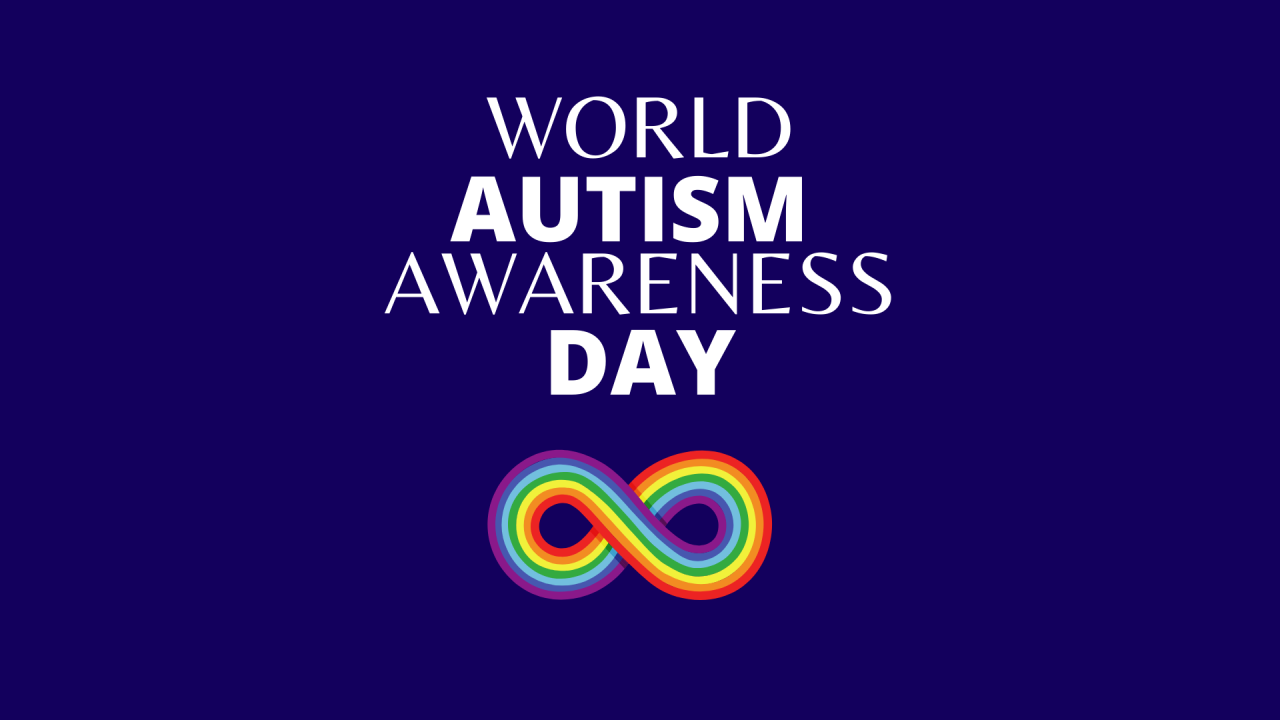Is My Child from Mars?

Today, on the occasion of World Autism Awareness Day, I decided to write as a parent for children often labeled as “autistic,” not as a specialist, to share my experience and thoughts about my journey with my child, and to encourage all parents to seek support from specialized centers such as Cedra Center for Special Needs in Ajman.
As a parent, I often live in a state of confusion and uncertainty. Many individuals or centers have not respected my feelings or tried to understand them, and have not explained the real reasons behind my child’s behaviors. I often ask myself: Why does my child not respond to me? Why doesn’t he use gestures or words even though we talk to him constantly? Why doesn’t he make eye contact? Why does he cry, scream, resist changes, cover his ears with his hands, or walk on his tiptoes?
Sometimes, I feel frustrated with those who claim expertise. Upon seeing my child or asking one or two questions, they immediately judge that my child is autistic, without a full assessment or clear explanation. This leads me to search online for information that is often confusing, without understanding the real reasons for the diagnosis or possible interventions. Why wasn’t I given enough time to answer my many questions? Why was the discussion only about registration fees? Does this happen everywhere? And is my child really autistic? I want to understand, so I don’t feel as though my child came from Mars!
As a specialist, I want to assure all parents that diagnosing autism is a complex and precise process requiring experience, time, and multiple procedures, including:
- Collecting a comprehensive history from pregnancy, through birth and developmental stages, including medical, social history, behavioral observations, and changes over time.
- Conducting standardized global assessments for autism by an experienced specialist, following international protocols, such as applying two different tests to accurately interpret the results.
- Performing ability assessments to identify the child’s strengths and weaknesses.
- Conducting adaptive behavior assessments to see how the child interacts with peers of the same age.
- Practical evaluation in the psychological department to scientifically observe behavioral symptoms and fill out appropriate assessment forms.
- Evaluating speech and language skills through a speech therapist.
- Comparing all results with the DSM-5 (Diagnostic and Statistical Manual of Mental Disorders, 5th Edition), the most up-to-date global reference.
Based on this process, a comprehensive report is prepared that includes the results of all tests and assessments, highlighting strengths, weaknesses, needs, and recommendations for parents on how to support their child effectively.
This is what is called a multilevel psycho-educational assessment, which is essential for accurately diagnosing such cases. And this is exactly what happens at Cedra Center.
So, schedule an evaluation for your child to ensure that they are fully human like the rest of us and not from Mars, and that they have hidden strengths beyond your imagination.
